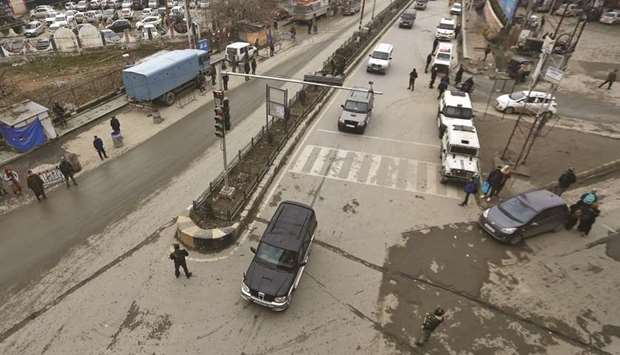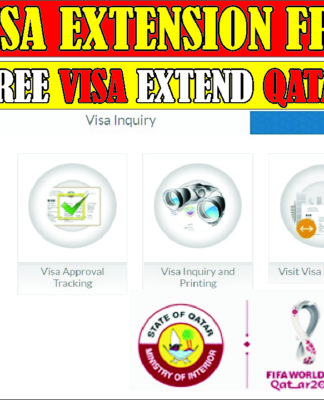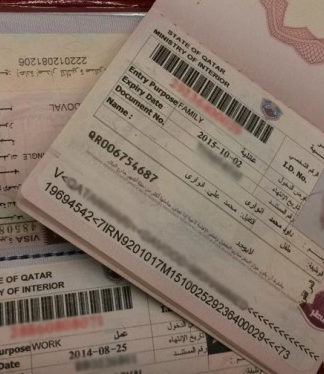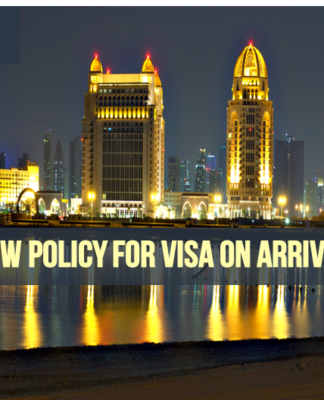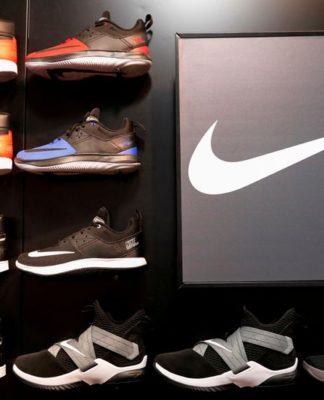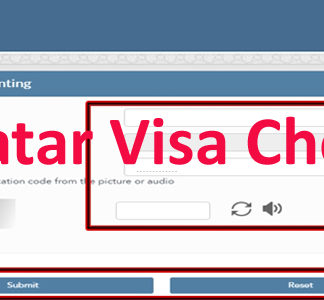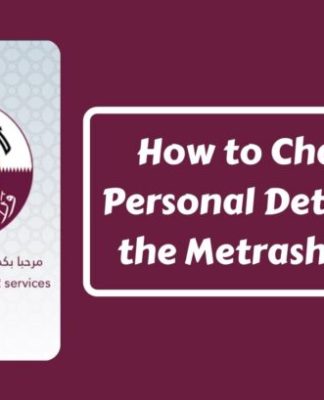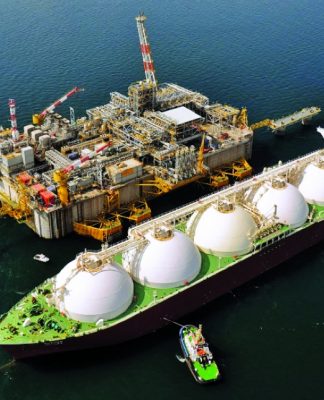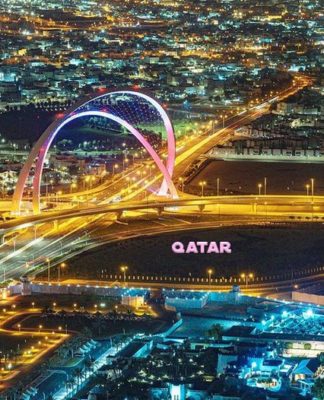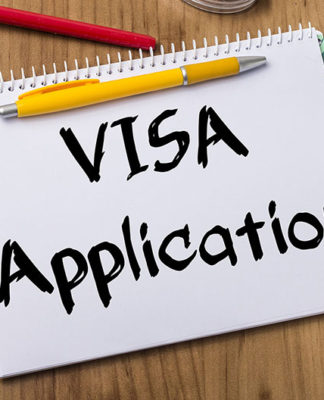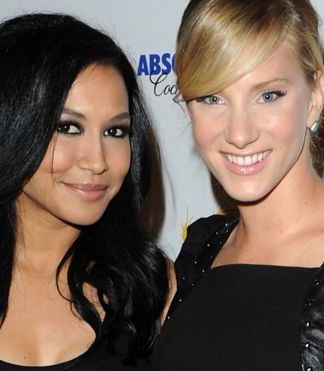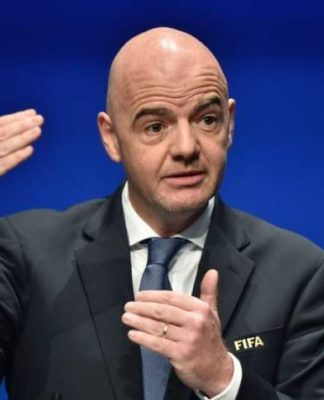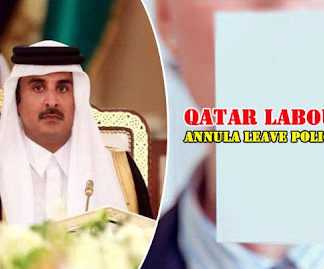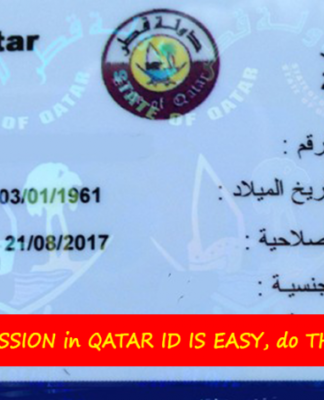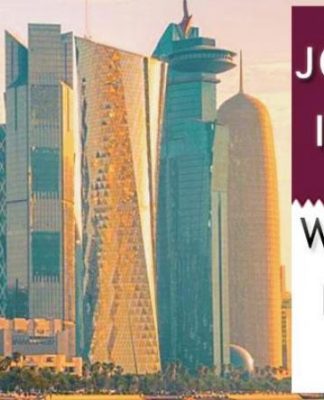The European Union refused to take part in a rare diplomatic visit to Kashmir which started yesterday because they will not be allowed to meet detained local politicians, reports said.
The two-day foreign diplomatic trip is the first since New Delhi stripped the region of its autonomy and sent in tens of thousands of extra troops in August.
The security lockdown and communications blackout, still only partially lifted, has drawn international criticism including in Brussels and Washington.
“EU envoys don’t want a guided tour of Kashmir. We want to meet people freely of our own choosing,” the NDTV news channel quoted one European diplomatic source as saying.
In particular they wanted to meet three former chief ministers, Farooq Abdullah, Omar Abdullah and Mehbooba Mufti, who are still locked up, The Hindu newspaper reported.
The three have been under house arrest or kept at a government residence since August.
The foreign ministry said that envoys from 15 countries – including the United States, South Korea, Nigeria and Argentina – are taking part in the visit.
Raveesh Kumar, a spokesman for the ministry, said diplomats were on a two-day trip “to see first-hand the efforts that have been made by the government to normalise the situation”.
The trip includes meetings with the army, politicians, civil society groups and journalists selected by the security services, two officials familiar with the plans said.
Kumar said the delegation was kept diverse but small in view of “the security situation and threat posed by terrorism.”
A diplomatic source said that the EU, which has been pressing for months for access to some of those detained, was still keen to go at a later date.
“The EU is interested in going and continues to be engaged with the MEA (ministry of external affairs) on timing and elements of the trip,” the source said.
Other newspapers quoted government sources as saying that the EU baulked because the visit was at short notice and since it was not possible for all the bloc’s ambassadors to take part.
Those going would be “free to interact with people subject to security considerations. No ambassador, however, had specifically asked to meet anyone who was detained,” the Times of India quoted a source as saying.
“We told the visiting delegation the people’s sentiments were deeply hurt with the revocation of special status,” said Mohamed Saleem Pandit, one of the eight journalists who met the ambassadors.
“They were emotionally attached to it.”
In October, around 30 European lawmakers – many from far-right parties – visited but without the official blessing of the EU and the Indian government insisted it was a “private” initiative.
Critics said that visit was a government’s attempt to give the impression that life has returned to normal.
Foreign journalists have also not been allowed into the area since August, when Jammu and Kashmir state was stripped of its partial autonomy and split into two union territories ruled directly from New Delhi.
Prime Minister Narendra Modi said the move was to boost the local economy and end decades of violence that has left tens of thousands dead, mostly civilians.
There is still barely any Internet access and only around half of mobile phones work.
Source:gulf-times.com














